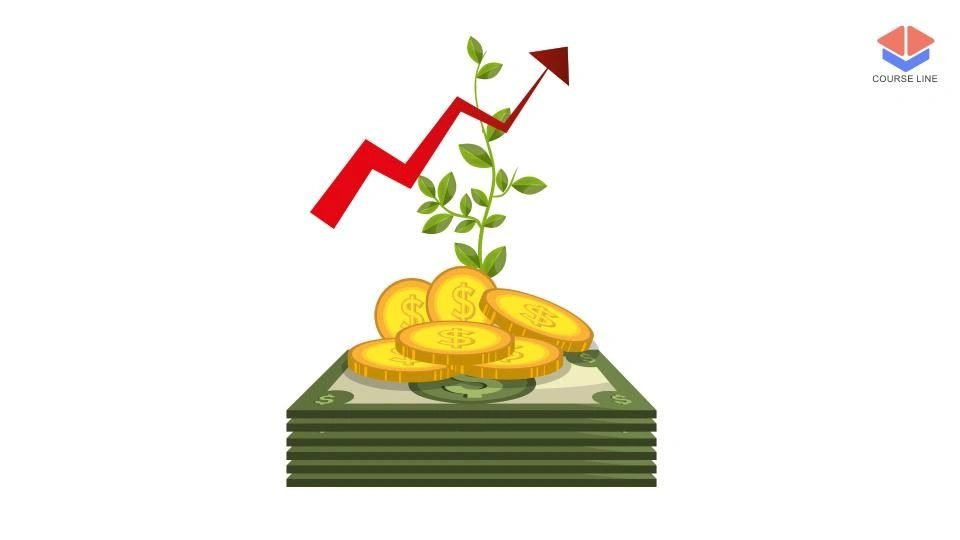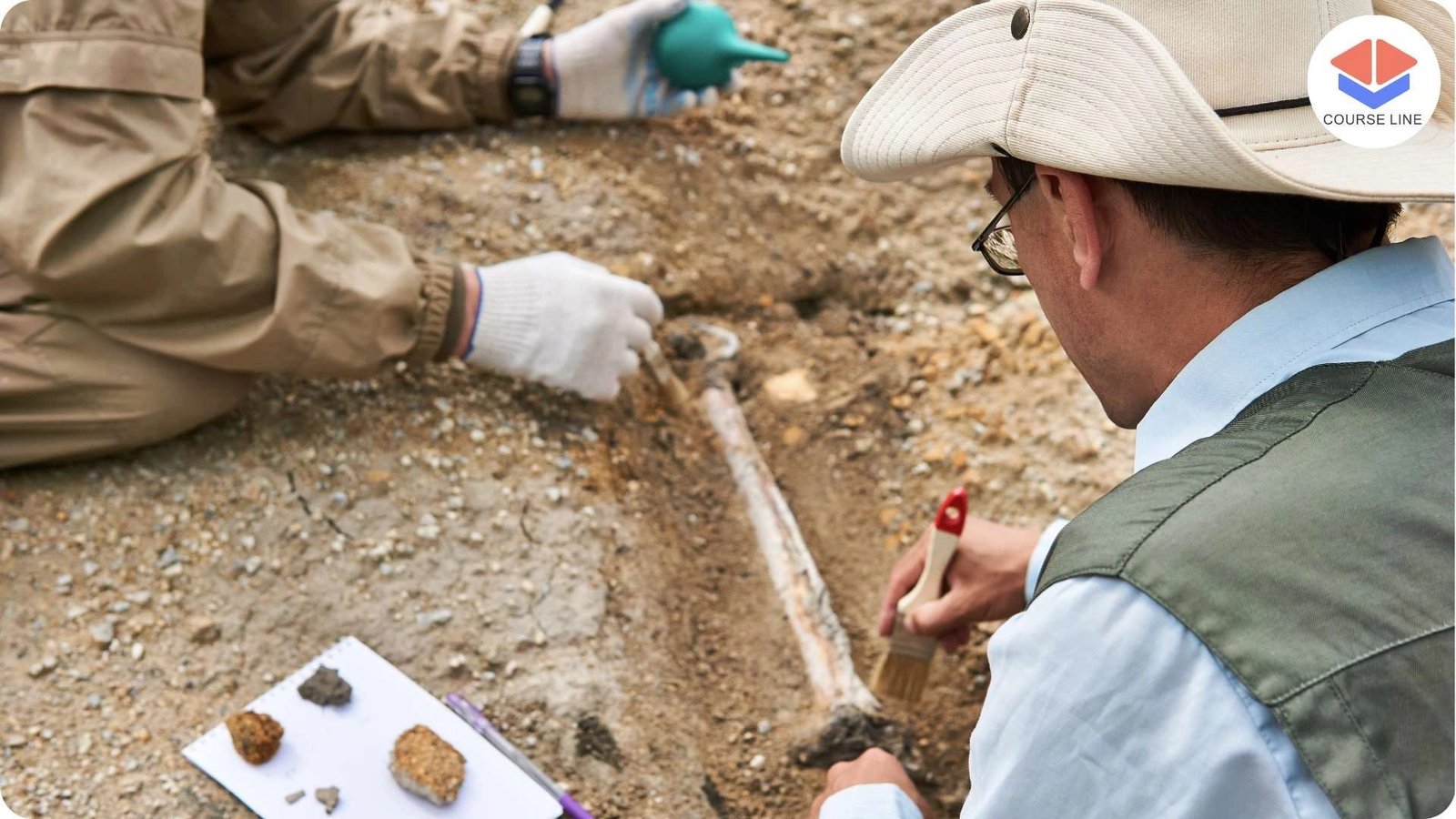Course Features
Price
Study Method
Online | Self-paced
Course Format
Reading Material - PDF, article
Duration
2 hours, 35 minutes
Qualification
No formal qualification
Certificate
At completion
Additional info
Coming soon
- Share
Overview
The Renewable Energy Curriculum Breakdown is designed to provide learners with a comprehensive understanding of the renewable energy sector and its vital role in achieving a sustainable future. The course begins with an introduction to sustainable energy, outlining the global need for clean energy solutions and the significance of renewable resources in reducing carbon footprints. This foundational module sets the stage for a deeper dive into various renewable energy technologies that are shaping the future of energy.
The course covers solar energy in two parts: thermal and photovoltaic. Students will learn about solar thermal systems, which use sunlight to generate heat for water heating and industrial processes, and photovoltaic systems that convert sunlight directly into electricity. These technologies are explored in detail, providing learners with a solid understanding of how solar energy is harnessed and applied in real-world scenarios.
Wind energy is another focal point of the course, offering insights into how wind turbines generate electricity and the benefits and challenges associated with wind power. Bioenergy, derived from organic materials, is explored, examining its potential as a renewable resource for heating, electricity generation, and transportation fuel. The course also covers geothermal energy, which uses the Earth’s natural heat to generate power, and tidal energy, which harnesses the movement of ocean tides to produce electricity.
Environmental impacts are a key consideration in renewable energy development. This module assesses both global and regional impacts, ensuring learners understand how renewable energy systems affect the environment and how they compare to traditional energy sources. The course concludes with a discussion on renewable energy and sustainable development, exploring how these energy systems contribute to long-term environmental sustainability and economic growth.
Who is this course for?
The Renewable Energy Curriculum Breakdown is designed to provide learners with a comprehensive understanding of the renewable energy sector and its vital role in achieving a sustainable future. The course begins with an introduction to sustainable energy, outlining the global need for clean energy solutions and the significance of renewable resources in reducing carbon footprints. This foundational module sets the stage for a deeper dive into various renewable energy technologies that are shaping the future of energy.
The course covers solar energy in two parts: thermal and photovoltaic. Students will learn about solar thermal systems, which use sunlight to generate heat for water heating and industrial processes, and photovoltaic systems that convert sunlight directly into electricity. These technologies are explored in detail, providing learners with a solid understanding of how solar energy is harnessed and applied in real-world scenarios.
Wind energy is another focal point of the course, offering insights into how wind turbines generate electricity and the benefits and challenges associated with wind power. Bioenergy, derived from organic materials, is explored, examining its potential as a renewable resource for heating, electricity generation, and transportation fuel. The course also covers geothermal energy, which uses the Earth’s natural heat to generate power, and tidal energy, which harnesses the movement of ocean tides to produce electricity.
Environmental impacts are a key consideration in renewable energy development. This module assesses both global and regional impacts, ensuring learners understand how renewable energy systems affect the environment and how they compare to traditional energy sources. The course concludes with a discussion on renewable energy and sustainable development, exploring how these energy systems contribute to long-term environmental sustainability and economic growth.
Requirements
The Renewable Energy Curriculum Breakdown is designed to provide learners with a comprehensive understanding of the renewable energy sector and its vital role in achieving a sustainable future. The course begins with an introduction to sustainable energy, outlining the global need for clean energy solutions and the significance of renewable resources in reducing carbon footprints. This foundational module sets the stage for a deeper dive into various renewable energy technologies that are shaping the future of energy.
The course covers solar energy in two parts: thermal and photovoltaic. Students will learn about solar thermal systems, which use sunlight to generate heat for water heating and industrial processes, and photovoltaic systems that convert sunlight directly into electricity. These technologies are explored in detail, providing learners with a solid understanding of how solar energy is harnessed and applied in real-world scenarios.
Wind energy is another focal point of the course, offering insights into how wind turbines generate electricity and the benefits and challenges associated with wind power. Bioenergy, derived from organic materials, is explored, examining its potential as a renewable resource for heating, electricity generation, and transportation fuel. The course also covers geothermal energy, which uses the Earth’s natural heat to generate power, and tidal energy, which harnesses the movement of ocean tides to produce electricity.
Environmental impacts are a key consideration in renewable energy development. This module assesses both global and regional impacts, ensuring learners understand how renewable energy systems affect the environment and how they compare to traditional energy sources. The course concludes with a discussion on renewable energy and sustainable development, exploring how these energy systems contribute to long-term environmental sustainability and economic growth.
Career path
The Renewable Energy Curriculum Breakdown is designed to provide learners with a comprehensive understanding of the renewable energy sector and its vital role in achieving a sustainable future. The course begins with an introduction to sustainable energy, outlining the global need for clean energy solutions and the significance of renewable resources in reducing carbon footprints. This foundational module sets the stage for a deeper dive into various renewable energy technologies that are shaping the future of energy.
The course covers solar energy in two parts: thermal and photovoltaic. Students will learn about solar thermal systems, which use sunlight to generate heat for water heating and industrial processes, and photovoltaic systems that convert sunlight directly into electricity. These technologies are explored in detail, providing learners with a solid understanding of how solar energy is harnessed and applied in real-world scenarios.
Wind energy is another focal point of the course, offering insights into how wind turbines generate electricity and the benefits and challenges associated with wind power. Bioenergy, derived from organic materials, is explored, examining its potential as a renewable resource for heating, electricity generation, and transportation fuel. The course also covers geothermal energy, which uses the Earth’s natural heat to generate power, and tidal energy, which harnesses the movement of ocean tides to produce electricity.
Environmental impacts are a key consideration in renewable energy development. This module assesses both global and regional impacts, ensuring learners understand how renewable energy systems affect the environment and how they compare to traditional energy sources. The course concludes with a discussion on renewable energy and sustainable development, exploring how these energy systems contribute to long-term environmental sustainability and economic growth.
-
- An Introduction to Sustainable Energy 00:10:00
-
- Solar Energy: Thermal 00:10:00
- Solar Energy: Photovoltaics 00:10:00
- Bioenergy 00:10:00
- Tidal Energy 00:10:00
- Renewable Energy and Sustainable Development 00:10:00
- Premium Certificate 00:15:00

No Reviews found for this course.
Is this certificate recognized?
Yes, our premium certificate and transcript are widely recognized and accepted by embassies worldwide, particularly by the UK embassy. This adds credibility to your qualification and enhances its value for professional and academic purposes.
I am a beginner. Is this course suitable for me?
Yes, this course is designed for learners of all levels, including beginners. The content is structured to provide step-by-step guidance, ensuring that even those with no prior experience can follow along and gain valuable knowledge.
I am a professional. Is this course suitable for me?
Yes, professionals will also benefit from this course. It covers advanced concepts, practical applications, and industry insights that can help enhance existing skills and knowledge. Whether you are looking to refine your expertise or expand your qualifications, this course provides valuable learning.
Does this course have an expiry date?
No, you have lifetime access to the course. Once enrolled, you can revisit the materials at any time as long as the course remains available. Additionally, we regularly update our content to ensure it stays relevant and up to date.
How do I claim my free certificate?
I trust you’re in good health. Your free certificate can be located in the Achievement section. The option to purchase a CPD certificate is available but entirely optional, and you may choose to skip it. Please be aware that it’s crucial to click the “Complete” button to ensure the certificate is generated, as this process is entirely automated.
Does this course have assessments and assignments?
Yes, the course includes both assessments and assignments. Your final marks will be determined by a combination of 20% from assignments and 80% from assessments. These evaluations are designed to test your understanding and ensure you have grasped the key concepts effectively.
Is this course accredited?
We are a recognized course provider with CPD, UKRLP, and AOHT membership. The logos of these accreditation bodies will be featured on your premium certificate and transcript, ensuring credibility and professional recognition.
Will I receive a certificate upon completion?
Yes, you will receive a free digital certificate automatically once you complete the course. If you would like a premium CPD-accredited certificate, either in digital or physical format, you can upgrade for a small fee.
Course Features
Price
Study Method
Online | Self-paced
Course Format
Reading Material - PDF, article
Duration
2 hours, 35 minutes
Qualification
No formal qualification
Certificate
At completion
Additional info
Coming soon
- Share
Tiling Business Blueprint Start and Grow Your Tile Installation Business
Course Line238£490.00Original price was: £490.00.£14.99Current price is: £14.99.Economics Level 8 Advanced Diploma
Course Line238£490.00Original price was: £490.00.£14.99Current price is: £14.99.Archaeology Level 8 Advanced Diploma
Course Line242£490.00Original price was: £490.00.£14.99Current price is: £14.99.





